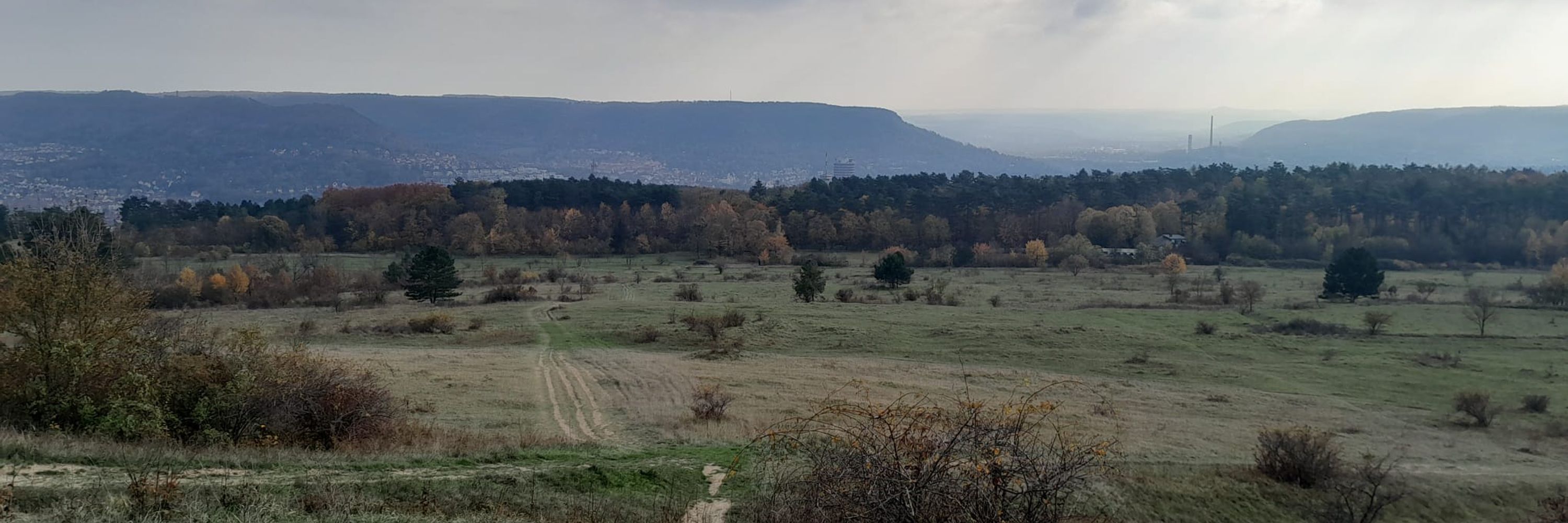
Arthropod ecology in different ecosystems. (Functional) diversity, community composition, trophic niches, plant-animal interactions, temporal & spatial patterns
In two time series @jena-experiment.bsky.social & @bexplo.bsky.social we show how community (dis)assembly underpins local biomass declines.
It mostly boils down to species loss, with identity losing relevance.
www.nature.com/articles/s41...
Reposted by Benjamin Wildermuth

📖 Read the full paper here ➡️ buff.ly/lvtNi7T
Reposted by Benjamin Wildermuth

@springernature.com
rdcu.be/eV853 #barkbeetle #foresthealth
Reposted by Benjamin Wildermuth



MERRY CHRISTMAS & A HAPPY NEW YEAR from #TeamTERRA
Reposted by Julie L. Lockwood, Benjamin Wildermuth
Initially for 6 years:
www.linkedin.com/jobs/view/pr...
Reposted by Ben Bond‐Lamberty, Alexander Knohl, Benjamin Wildermuth

See here for more details on the jobs: www.uni-goettingen.de/de/704255.html
Reposted by Esme Ashe‐Jepson, Benjamin Wildermuth

Reposted by Arthur Geßler, Benjamin Wildermuth

Water moves faster than nitrate from soil to canopy in mature trees, highlighting root, soil, and species traits.
More on subsoil uptake by Douglas fir and beech here:
onlinelibrary.wiley.com/doi/10.1111/...
@mrakklara.bsky.social @christina-hn.bsky.social
@wileyonlinelibrary.bsky.social
Reposted by Tuomas Kankaanpää, Benjamin Wildermuth

Reposted by Andreas Schweiger, Susanne Lachmuth, Benjamin Wildermuth

Reposted by Malte Jochum
PhD (65%):
www.leuphana.de/en/universit...
Research associate (50% ):
www.leuphana.de/en/universit...




Nice combination of fieldwork and meta-analysis, co-supervised by @jonastrepel.bsky.social and ejlundgren.github.io
Reposted by Juan Antonio Hernández‐Agüero, Benjamin Wildermuth

Reposted by Benjamin Wildermuth


Reposted by Benjamin Wildermuth

Flowers & non-crop plants boost ladybird abundance, and high species complementarity enhances aphid predation. 🐛🌺
DOI: doi.org/10.1016/j.ba...
@gfoesoc.bsky.social
Reposted by Benjamin Wildermuth

Reposted by Benjamin Wildermuth

How are terrestrial arthropod assemblages in tidal marshes shaped? Environmental filters and species traits drive metacommunity patterns in SW-Atlantic marshes. Connectivity matters—preserving habitat links is key for coastal biodiversity.
bit.ly/meps_775_53
Reposted by Richard S.J. Tol, Guy Pe’er, Benjamin Wildermuth
More info on ECO-N: www.eco-n.org
Vacancy announcement: uni-leipzig.b-ite.careers/jobposting/9...
Reposted by Benjamin Wildermuth

Reposted by Benjamin Wildermuth

Reposted by Stephen D. Murphy, Karl Andraczek, Benjamin Wildermuth

We are hiring a doctoral researcher for the project "Stand Density Management for #Forest Adaptation to #Drought“
Application link: uni-freiburg.de/en/job/00004...
Website: uni-freiburg.de/futureforest...
Reposted by Benjamin Wildermuth
www.imperial.ac.uk/jobs/search-...
Reposted by Pieter Vantieghem, Benjamin Wildermuth


Explore how forest management shapes peatlands, riparian zones, streams and the #biodiversity that depends on them. www.slu.se/en/about-slu...
Create a healthy environment that is attractive to all manner of scientists. Because that run of the mill, non-transformative, maybe slightly boring research matters, too.

